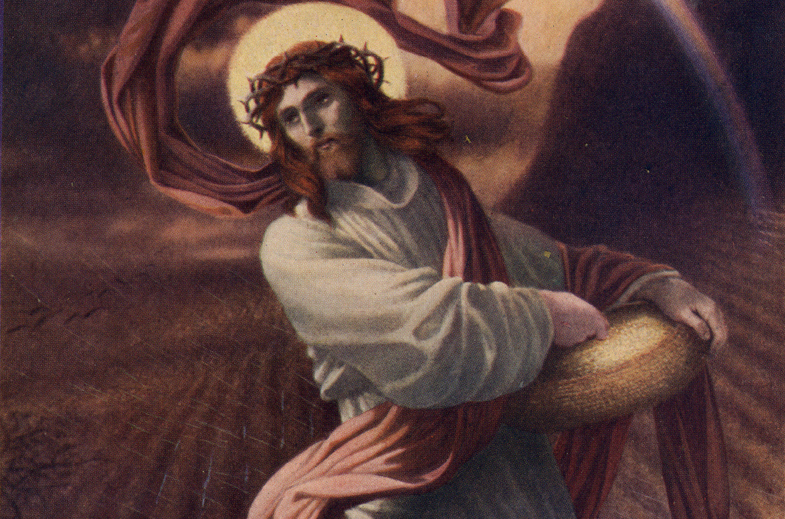瑪竇福音記載了七個關於「天國的比喻」,今天福音中「撒種」的比喻是第一個。耶穌比喻中那撒種的人,顯然是祂自己。如果撒種的那位是人,他當然無法控制種子會落在何處,但既然撒種的那位是全能的天主,為什麼祂撒的種子不全都落在好地裡?
只要稍為想想,就會發現這其實跟天主賦予人類自由意志有關。如果祂想的話,天主固然可以控制種子只落在好地上,祂甚至可以令整片地都成為土壤肥沃的好地,這樣,祂撒下的所有種子都會結果實。但天主情願給我們自由。沒有自由,就無法作出真正的選擇。縱使能結下果實,若是出於被迫的話,這又有什麼意思?
天主願意我們自由地選擇愛祂,聆聽並實踐祂的誡命。即使有些人最終都會拒絕祂,祂依然會因為愛而尊重他們的選擇。
The Gospel of Matthew contains seven parables related to the Kingdom of Heaven. In today's Gospel, the Parable of the Sower is the first one. In Jesus' parable, the sower is obviously Himself. If the sower is human, it makes sense that he cannot control where the seed would fall on. But since the sower is Jesus, who is all-powerful, how come some seeds fall on the path, or among thorns, or in rocky soil?
If we think for a bit, we would see that this is related to human freedom. If it is His will, He could control the seed to fall only on good soil, He could even transform the entire ground to be rich in good soil. This way, the seeds will bear fruits for sure. But God would rather grant us freedom. There is no real choice without freedom. If all bear fruits out of "coercion", what good does it do?
God would like us to choose to love Him, listen to Him, and live out His commandments freely. Even thought some would ultimately reject Him, out of love, He would respect their choice.

